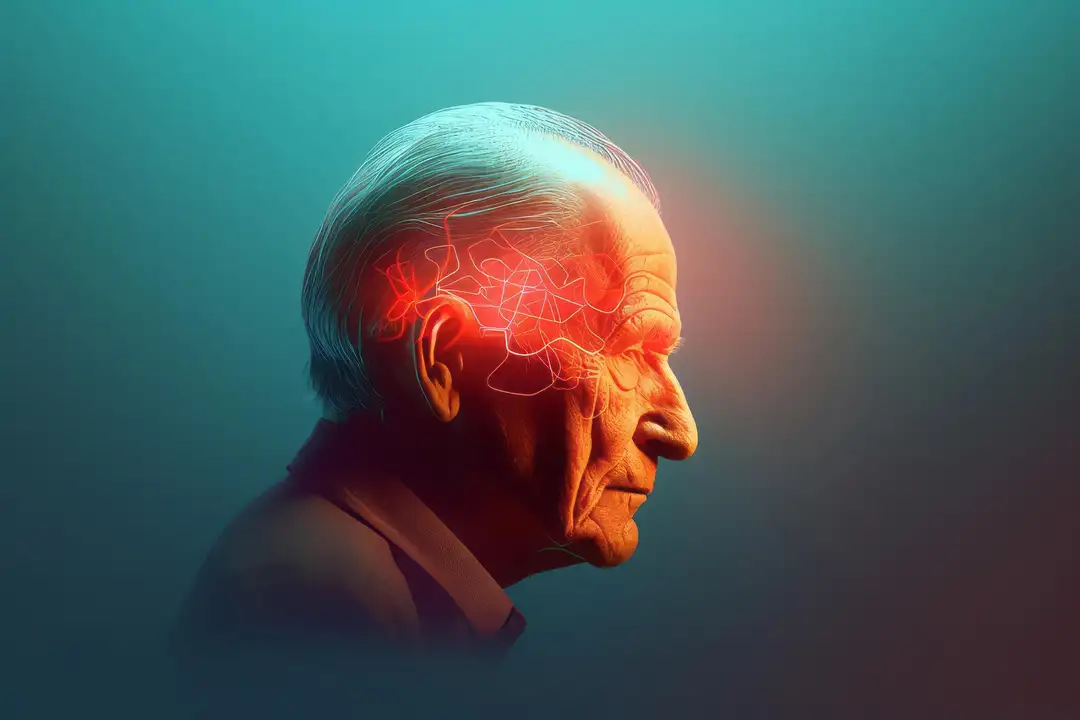
Primary aldosteronism (PA) is now recognized as the most common cause of endocrine hypertension, with prevalence estimates ranging from 5% to 10% in hypertensive populations. In their comprehensive update, Rossi and colleagues reaffirm the importance of early and accurate diagnosis, emphasizing that untreated or underdiagnosed PA leads to higher cardiovascular and renal risk than essential hypertension.
The authors propose a practical algorithm for screening and confirmatory testing based on the aldosterone-to-renin ratio (ARR), and underscore the need to avoid interfering medications prior to testing. For subtype classification—essential to determining curative potential—adrenal venous sampling (AVS) remains the gold standard, though limited availability and technical complexity restrict its use. Imaging alone is discouraged for surgical decision-making.
Therapeutic choices are guided by subtype: unilateral disease is preferentially treated with adrenalectomy, while bilateral disease warrants mineralocorticoid receptor antagonist (MRA) therapy. Notably, recent evidence shows that surgery leads to better blood pressure control and cardiovascular outcomes compared to MRAs, particularly in younger patients with unilateral forms.
The article also highlights key updates on long-term management. Both surgical and pharmacological approaches require careful follow-up for blood pressure control, serum potassium levels, and end-organ damage assessment. Structured follow-up protocols and patient adherence are critical to ensure treatment effectiveness and prevent recurrence.
Importantly, the authors advocate for broader screening, especially in patients with resistant hypertension, hypokalemia, or early-onset hypertension. Awareness and education among healthcare professionals remain essential for improving detection and outcomes in PA.
Editorial note: This content was developed with the support of artificial intelligence technologies to optimize the writing and structuring of the information. All material was carefully reviewed, validated, and supplemented by human experts prior to publication, ensuring scientific accuracy and adherence to good editorial practices.
#PrimaryAldosteronism #Hypertension #Endocrinology #AdrenalDisorders #Mineralocorticoid
Sources
- Rossi GP, Adolf C, Bandhakavi M, et al. Clinical management of primary aldosteronism: an update. Nat Rev Endocrinol. 2024 May;20(5):253–266. doi:10.1038/s41574-024-00972-y.




